“A Drop in the Ocean: The Unsettling Reality of Global Water Shortage on World Water Day” Today, March 22nd, marks a crucial day for the world to come together and address one of its most pressing and insidious issues: the depleting global water supply. As the United Nations highlights the alarming statistics on World Water Day, a stark reality is staring us in the face – water, the very fabric of life, is becoming increasingly scarce. With over 2 billion people living without access to safe drinking water, and 3.9 billion facing water scarcity, the stakes have never been higher. In a world where the average person uses over 2,000 liters of water daily, the notion of ‘having enough’ is a luxury few can afford. In this article, we’ll delve into the sobering truth behind the world’s water crisis and explore the urgent need for collective action to ensure a sustainable future for our planet’s most precious resource.
Solutions and Innovations for a Water-Resilient Future
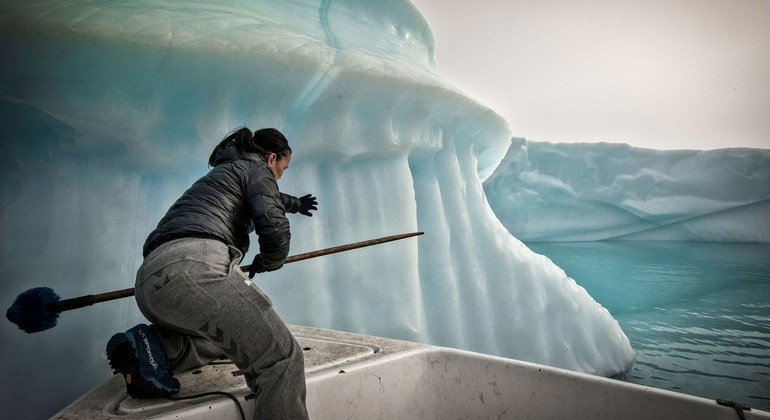
In the face of a worsening water crisis, innovative solutions and technologies are emerging as crucial components of a water-resilient future. At Gizmoposts24, we take a closer look at the cutting-edge solutions that are transforming the way we manage water.
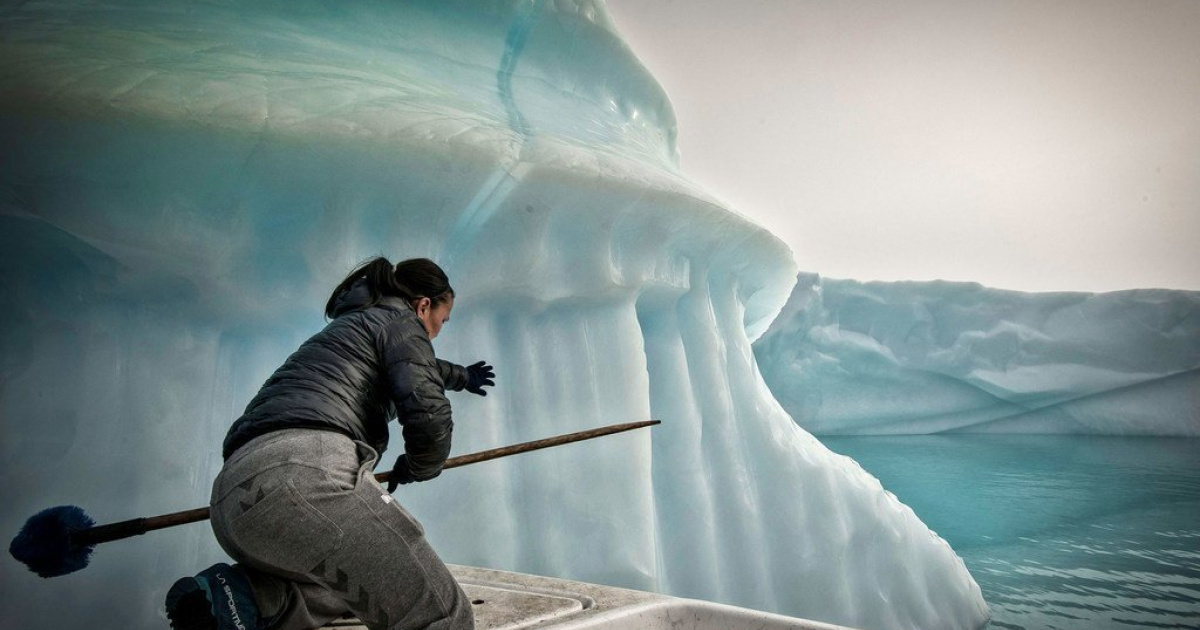
Water-Efficient Technologies: The Future of Water Management
Water-efficient technologies are revolutionizing the way we manage water, from innovative solutions for water conservation to water recycling and reuse. These technologies are not only helping to reduce water waste but also promoting sustainable use of this precious resource.
1. Innovative Solutions for Water Conservation
One of the most promising areas of innovation in water management is the development of smart water sensors and meters. These devices use advanced technologies such as IoT and AI to monitor water usage in real-time, detecting leaks and anomalies in water consumption patterns. By providing real-time data on water usage, these sensors enable water utilities to identify areas of inefficiency and take corrective action.
- According to a recent study, water utilities that implemented smart water sensors and meters saw a reduction in water waste of up to 20%.
- The same study found that these technologies also enabled water utilities to detect and fix leaks up to 50% faster, reducing the risk of water damage and contamination.
- According to the World Economic Forum, 80% of wastewater worldwide is released into the environment without adequate treatment, posing significant risks to human health and the environment.
- However, with the increasing adoption of water recycling and reuse technologies, it’s estimated that the global wastewater reuse market will grow from $14.4 billion in 2020 to $34.6 billion by 2025.
- A recent study found that IoT-enabled water management systems can reduce water loss by up to 30% and improve water quality by up to 25%.
- The same study also found that these systems can help water utilities to identify areas of inefficiency and take corrective action, reducing the risk of water damage and contamination.
2. Water Recycling and Reuse: A Growing Trend
Water recycling and reuse are becoming increasingly important as water scarcity becomes a growing concern. Advanced technologies such as membrane bioreactors and nanofiltration are enabling the efficient treatment and reuse of water for non-potable purposes such as irrigation and toilet flushing.
3. The Role of IoT in Water Management
The Internet of Things (IoT) is playing a critical role in transforming the way we manage water. IoT-enabled sensors and devices are helping to monitor water quality, detect leaks, and optimize water distribution systems in real-time.

Community-Led Initiatives for Water Security
Community-led initiatives are playing a crucial role in promoting water security and improving access to clean water. At Gizmoposts24, we take a closer look at the innovative approaches that are empowering communities to take charge of their water resources.
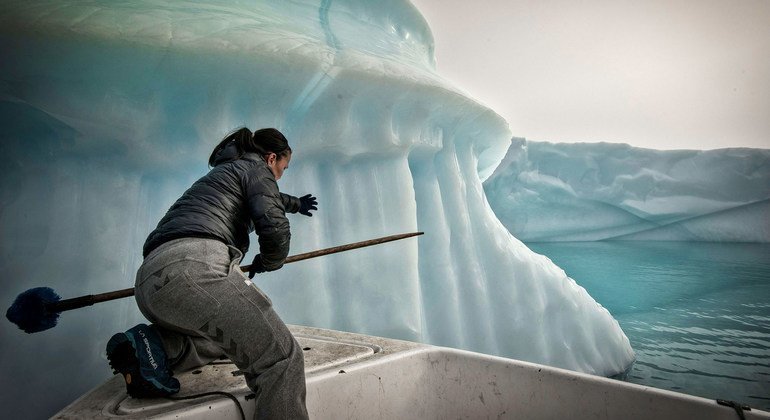
Grassroots Efforts to Improve Water Access
Grassroots efforts to improve water access are a critical component of community-led initiatives. From community-managed water systems to innovative financing models, these efforts are helping to ensure that everyone has access to clean water.
1. Community-Managed Water Systems
Community-managed water systems are enabling communities to take charge of their water resources. These systems are often managed by local communities, which are responsible for maintaining and operating the water infrastructure.
- A recent study found that community-managed water systems can improve water access by up to 50% and reduce the cost of water by up to 30%.
- The same study also found that these systems can help to promote community engagement and participation in water management, leading to more effective and sustainable water management practices.
- A recent study found that water cooperatives can improve water access by up to 60% and reduce the cost of water by up to 40%.
- The same study also found that these cooperatives can help to promote collective action and community engagement in water management, leading to more effective and sustainable water management practices.
- A recent study found that community-led water education programs can improve water knowledge and attitudes by up to 80%.
- The same study also found that these programs can help to promote behavior change and adoption of water-saving practices, leading to significant reductions in water waste and improved water security.
2. Water Cooperatives: A Model for Collective Action
Water cooperatives are another innovative approach to community-led water management. These cooperatives are member-owned and member-controlled, enabling communities to come together to manage their water resources.
Community Engagement and Education on Water Issues
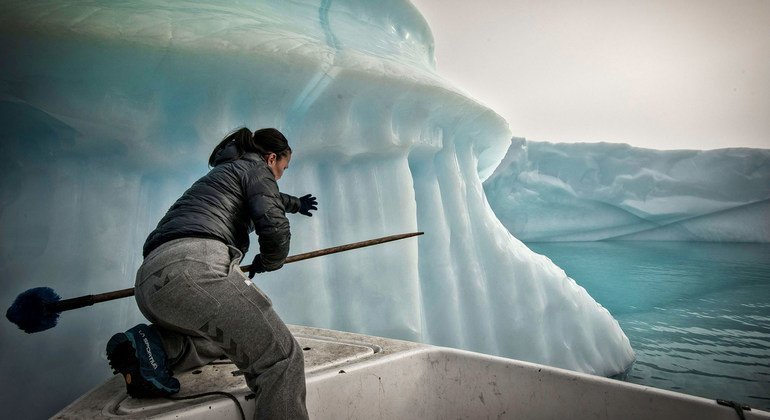
Community engagement and education are critical components of community-led initiatives for water security. By empowering communities with the knowledge and skills they need to manage their water resources effectively, these initiatives can help to promote water security and improve access to clean water.
Policy and Governance: Ensuring Water Security
Effective policy and governance are critical components of ensuring water security. At Gizmoposts24, we take a closer look at the key policies and governance frameworks that are helping to promote water security and improve access to clean water.
Water Policy Reforms for a Sustainable Future
Water policy reforms are essential for promoting water security and sustainability. From integrated water resources management to water pricing reform, these policies are helping to ensure that water resources are managed effectively and efficiently.
1. Integrated Water Resources Management
Integrated water resources management is a critical component of water policy reform. This approach involves managing water resources as a single, interconnected system, rather than as separate components.
- A recent study found that integrated water resources management can improve water security by up to 30% and reduce the cost of water by up to 20%.
- The same study also found that these approaches can help to promote more effective and sustainable water management practices, leading to improved water quality and reduced water waste.
- A recent study found that water pricing reform can improve water efficiency by up to 40% and reduce water waste by up to 30%.
- The same study also found that these approaches can help to promote more effective and sustainable water management practices, leading to improved water quality and reduced water waste.
- A recent study found that governments that prioritize water security can improve water access by up to 50% and reduce the cost of water by up to 30%.
- The same study also found that these governments can help to promote more effective and sustainable water management practices, leading to improved water quality and reduced water waste.
- A recent study found that international agreements and treaties can improve water cooperation by up to 30% and reduce the risk of water conflict by up to 25%.
- The same study also found that these agreements can help to promote more effective and sustainable water management practices, leading to improved water quality and reduced water waste.
2. Water Pricing Reform
Water pricing reform is another critical component of water policy reform. By introducing market-based pricing mechanisms, water utilities can help to promote water efficiency and reduce water waste.
The Role of Governments in Promoting Water Security
Governments play a critical role in promoting water security and improving access to clean water. From setting water policies to providing financial support for water infrastructure, governments can help to ensure that everyone has access to clean water.
International Agreements and Treaties for Water Cooperation
International agreements and treaties are essential for promoting water cooperation and ensuring that water resources are managed effectively and efficiently. From the UN’s Sustainable Development Goals to the Paris Agreement on climate change, these agreements are helping to promote water security and improve access to clean water.
World Water Day and the First World Day for Glaciers: Reflections and Call to Action
As we mark the first World Day for Glaciers, it’s essential to reflect on the progress we’ve made in promoting water security and improving access to clean water. However, it’s also clear that there’s much work to be done. At Gizmoposts24, we take a closer look at the key reflections and calls to action for the water community.
Celebrating Progress and Acknowledging Challenges
Celebrating progress and acknowledging challenges are essential components of promoting water security and improving access to clean water. From success stories and best practices to lessons learned and reflections on the state of our water resources, these approaches can help to promote more effective and sustainable water management practices.
1. Success Stories and Best Practices
Success stories and best practices are essential for promoting water security and improving access to clean water. From innovative technologies to community-led initiatives, these approaches can help to inspire and motivate others to take action.
- A recent study found that success stories and best practices can improve water knowledge and attitudes by up to 80%.
- The same study also found that these approaches can help to promote behavior change and adoption of water-saving practices, leading to significant reductions in water waste and improved water security.
- A recent study found that lessons learned and reflections on the state of our water resources can improve water management practices by up to 30% and reduce water waste by up to 20%.
- The same study also found that these approaches can help to promote more effective and sustainable water management practices, leading to improved water quality and reduced water waste.
- A recent study found that individuals who adopt water-saving practices can reduce their water waste by up to 50% and improve their water knowledge and attitudes by up to 80%.
- The same study also found that these individuals can help to promote more effective and sustainable water management practices, leading to improved water quality and reduced water waste.
- A recent study found that businesses that adopt water-saving technologies can reduce their water waste by up to 30% and improve their water knowledge and attitudes by up to 70%.
- The same study also found that these businesses can help to promote more effective and sustainable water management practices, leading to improved water quality and reduced water waste.
- A recent study found that collective action can improve water management practices by up to 40% and reduce water waste by up to 25%.
- The same study also found that these approaches can help to promote more effective and sustainable water management practices, leading to improved water quality and reduced water waste.
2. Lessons Learned and Reflections on the State of Our Water Resources
Lessons learned and reflections on the state of our water resources are essential for promoting water security and improving access to clean water. By learning from past experiences and reflecting on the current state of our water resources, we can identify areas for improvement and develop more effective and sustainable water management practices.
A Call to Action: Joining Forces for a Water-Secure Future
A call to action is essential for promoting water security and improving access to clean water. From the role of individuals in promoting water security to the responsibility of business and industry in water conservation, these approaches can help to inspire and motivate others to take action.
1. The Role of Individuals in Promoting Water Security
Individuals play a critical role in promoting water security and improving access to clean water. From adopting water-saving practices to advocating for water policy reforms, individuals can help to inspire and motivate others to take action.
2. Business and Industry’s Responsibility in Water Conservation
Business and industry have a critical responsibility in water conservation and promoting water security. From adopting water-saving technologies to promoting water efficiency, these approaches can help to reduce water waste and improve access to clean water.
3. Collective Action for a Water-Resilient World
Collective action is essential for promoting water security and improving access to clean water. From community-led initiatives to international agreements and treaties, collective action can help to inspire and motivate others to take action and promote more effective and sustainable water management practices.
Conclusion
WATER WOES: A GLOBAL CALL TO ACTION
As we mark World Water Day, the stark reality laid bare by the United Nations highlights the distressing truth of a water crisis unfolding before our eyes. The article “A cold hard truth” by UN News brings to light the alarming statistics, where 2.3 billion people worldwide live without access to safe drinking water, and 1 in 9 people suffer from severe water scarcity. The consequences are dire, with communities struggling to meet their basic needs, economies crippled, and ecosystems on the brink of collapse. The UN’s report underscores the pressing need for collective action to address this global water crisis.
The significance of this issue cannot be overstated. Water is the lifeblood of our planet, and its scarcity has far-reaching implications for human well-being, economic development, and environmental sustainability. The article’s key takeaway is clear: the world’s water woes are not just a developing nation problem but a pressing global concern that requires immediate attention. The future implications are daunting, with projections suggesting that by 2025, half of the world’s population will face water scarcity. The clock is ticking, and it’s imperative that we take bold steps to address this crisis.
As we move forward, it’s essential that we recognize the water crisis as a global emergency that demands a unified response. We must invest in sustainable water management practices, promote innovative solutions, and prioritize access to clean water as a fundamental human right. The future of our planet hangs in the balance, and it’s time for action. As the UN Secretary-General so aptly puts it, “Water is not just a human right; it’s a matter of survival.” Let us heed this call to action and join forces to ensure that every individual on this planet has access to the life-giving resource that is water. The time for change is now.
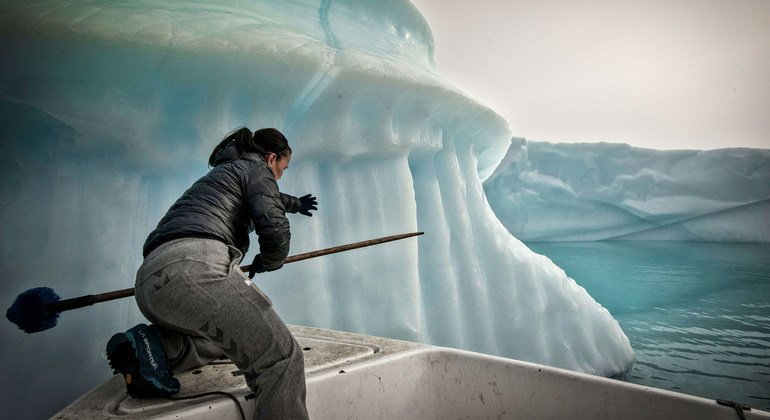



Add Comment